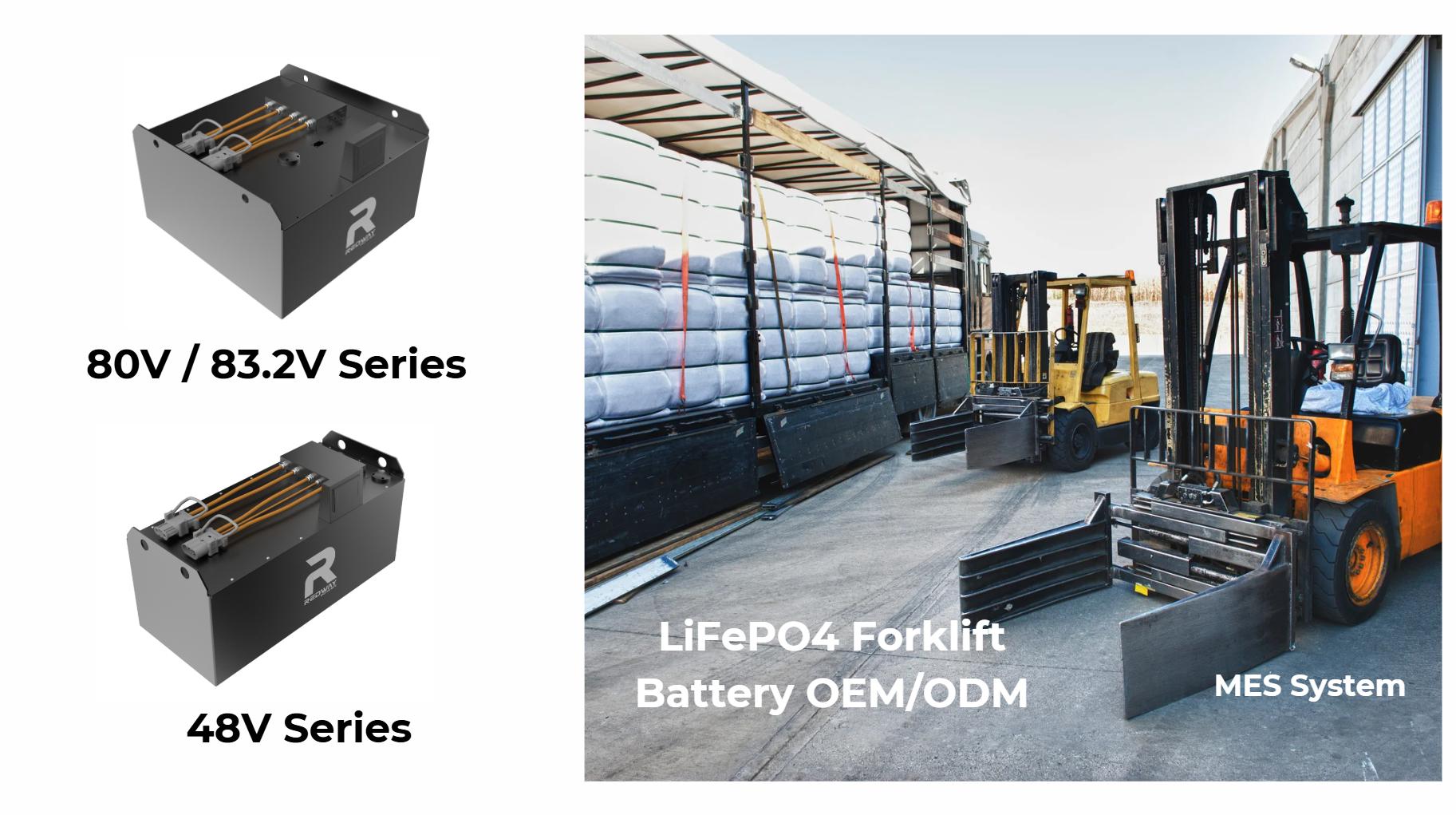
How to Choose the Right Battery for Specialized Forklift Applications
Choosing the right battery for specialized forklift applications is crucial for ensuring safety, efficiency, and performance. Understanding features like battery kill switches, the functionality of battery-operated forklift trucks for kids, and the benefits of lithium-ion technology can significantly impact operational effectiveness. This guide explores these aspects in detail.
What is a battery kill switch for forklifts and why is it important?
A battery kill switch is a safety device that disconnects the battery from the forklift’s electrical system. It is crucial for preventing accidental power activation during maintenance, enhancing safety, and preserving battery life by reducing parasitic drain when the forklift is not in use. Chart: Benefits of Battery Kill Switches
| Benefit | Description |
|---|---|
| Enhanced Safety | Prevents accidental activation during maintenance |
| Equipment Protection | Reduces risk of electrical damage |
| Simplified Maintenance | Allows safe disconnection when servicing the forklift |
How do battery-operated forklift trucks for kids function?
Battery-operated forklift trucks for kids typically use rechargeable batteries to power electric motors. These mini forklifts feature simple controls, allowing children to drive, lift, and lower loads safely. They are designed with safety features like automatic shut-off and low-speed limits to ensure safe play. Chart: Features of Battery-Operated Forklift Trucks for Kids
| Feature | Description |
|---|---|
| Rechargeable Battery | Provides hours of playtime with minimal downtime |
| Realistic Controls | Teaches children about operating machinery |
| Safety Features | Designed with low speeds and soft edges |
What are the advantages of lithium-ion batteries in forklifts?
Lithium-ion batteries offer several advantages, including faster charging times, longer lifespan, and reduced maintenance needs compared to lead-acid batteries. They can be opportunity charged during breaks, enhancing productivity and minimizing downtime in multi-shift operations. Lithium-ion batteries offer numerous advantages over traditional lead-acid batteries in forklifts:
- Faster Charging: Lithium-ion batteries can be charged in as little as 1 to 2 hours, significantly reducing downtime.
- Longer Lifespan: They typically last 2 to 4 times longer than lead-acid batteries.
- Opportunity Charging: These batteries can be charged during breaks without needing to swap them out, maximizing operational efficiency.
- Lower Maintenance: Lithium-ion batteries require minimal maintenance compared to their lead-acid counterparts.
Chart: Advantages of Lithium-Ion Batteries
| Advantage | Description |
|---|---|
| Fast Charging | Reduces idle time between shifts |
| Extended Lifespan | More cost-effective over time |
| Opportunity Charging | Maximizes usage during breaks |
| Minimal Maintenance | Less time spent on upkeep |
How do propane and electric forklifts compare in terms of battery considerations?
Propane forklifts use fuel tanks that can be quickly replaced, allowing for continuous operation without lengthy downtime. In contrast, electric forklifts rely on batteries that require several hours to recharge, making them less suitable for operations needing constant power without breaks. When comparing propane and electric forklifts, battery considerations play a significant role:
- Fuel Source: Propane forklifts rely on gas tanks, while electric forklifts use rechargeable batteries, typically lead-acid or lithium-ion.
- Operational Costs: Electric forklifts may have lower fuel costs due to cheaper electricity rates compared to propane.
- Battery Maintenance: Electric forklifts require regular maintenance on their batteries, whereas propane systems need tank refills and inspections.
In high-demand environments, understanding these differences helps businesses choose the right equipment based on their operational needs.
What are the benefits of opportunity charging in multi-shift operations?
Opportunity charging allows lithium-ion batteries to be charged during short breaks or idle times, maximizing uptime and productivity. This flexibility reduces the need for battery swapping and ensures that forklifts are always ready for use, supporting continuous operations in multi-shift environments. This method offers several benefits:
- Increased Uptime: Forklifts can remain operational longer by utilizing short charging periods throughout shifts.
- Reduced Need for Spare Batteries: Businesses can operate with fewer batteries since they can recharge during idle times.
- Improved Efficiency: Opportunity charging supports continuous operation, making it ideal for multi-shift environments where downtime must be minimized.
Chart: Benefits of Opportunity Charging
| Benefit | Description |
|---|---|
| Enhanced Productivity | Maximizes usage by reducing downtime |
| Cost Savings | Fewer spare batteries needed |
| Flexibility | Adapts to various operational schedules |
Expert Views
“Understanding specialized applications like battery kill switches and the benefits of lithium-ion technology can transform your operations,” says Michael Anderson, an expert in material handling solutions with over 20 years of experience. “The right choices lead to improved safety and efficiency.”
Frequently Asked Questions
- What is the purpose of a battery kill switch on a forklift?
A battery kill switch prevents accidental activation during maintenance, enhancing safety. - How do battery-operated forklift trucks for kids work?
They use rechargeable batteries to power small electric motors, mimicking real forklift operations. - What are the main advantages of lithium-ion batteries?
Lithium-ion batteries charge faster, last longer, require less maintenance, and allow opportunity charging. - How does opportunity charging benefit multi-shift operations?
It allows continuous use by charging during breaks, reducing downtime and minimizing the need for spare batteries.
In conclusion, understanding the nuances of specialized forklift applications—like the importance of a battery kill switch, the functionality of battery-operated trucks for kids, and the advantages offered by lithium-ion technology—can significantly enhance operational efficiency and safety within material handling environments.
